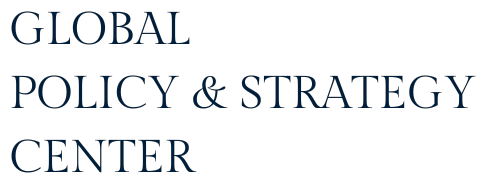The world we inhabit is marked by increasing connectivity, transcending geographical boundaries and cultural differences. Within this interconnected realm, the principles of human rights and justice shine as beacons of hope, guiding our path towards a fairer and more equitable global society.
The Universality of Human Rights
Human rights, rooted in the belief that every individual deserves to live a life of dignity and free from discrimination, are universal. Enshrined in the Universal Declaration of Human Rights, adopted by the United Nations in 1948, these rights extend to all, transcending the divisions of nationality, ethnicity, and gender.
The Significance of Justice
Justice, acting as the guardian of human rights, ensures that the principles enshrined are not just ideals but are brought to life. It encompasses the equality before the law, due process, and the right to a fair trial, serving as a shield against arbitrary actions, protecting individuals’ rights and freedoms.
The Role of Global Commitment
A global commitment to human rights and justice is the cornerstone of a just and equitable world. In an interconnected globe, nations, international organizations, and individuals must pledge to respect and protect human rights, standing up for the dignity of every person. This commitment compels us to address human rights violations and injustices collectively.
Human Rights Violations on the Global Stage
Regrettably, human rights abuses persist in different corners of the world. From political repression to human trafficking and gender-based violence, various violations demand the international community’s attention and concerted action. Upholding human rights becomes a shared duty that transcends borders, demanding collective efforts to eradicate these abuses.
Justice as a Catalyst for Peace
Justice is not merely a legal process but also a critical instrument for peace. Accountability and reconciliation, fundamental aspects of justice, prevent conflicts from escalating and aid in post-conflict recovery. International justice mechanisms such as the International Criminal Court play a pivotal role in this context.
The Path Forward
As a global community, we are tasked with a commitment to the principles of human rights and justice. This commitment should be evident in our laws, policies, and individual actions, advocating for the protection of the most vulnerable and addressing disparities. Establishing just and accountable institutions, upholding the rule of law, and protecting human rights defenders are steps toward this global commitment.
Global institutions, NGOs, and governments bear the responsibility of fostering this commitment, conducting research, monitoring human rights abuses, and advocating for justice on the international stage. The empowerment of civil society and public engagement are also essential in propelling a global commitment to human rights and justice.
Human rights and justice are not lofty ideals but rather the foundation upon which a just and equitable global society is constructed. A global commitment to these principles is not an option; it is an imperative. In our interconnected world, the well-being and dignity of every individual hold profound significance. Upholding human rights and justice is a shared responsibility and a testament to our commitment to a brighter, fairer, and more peaceful world.
